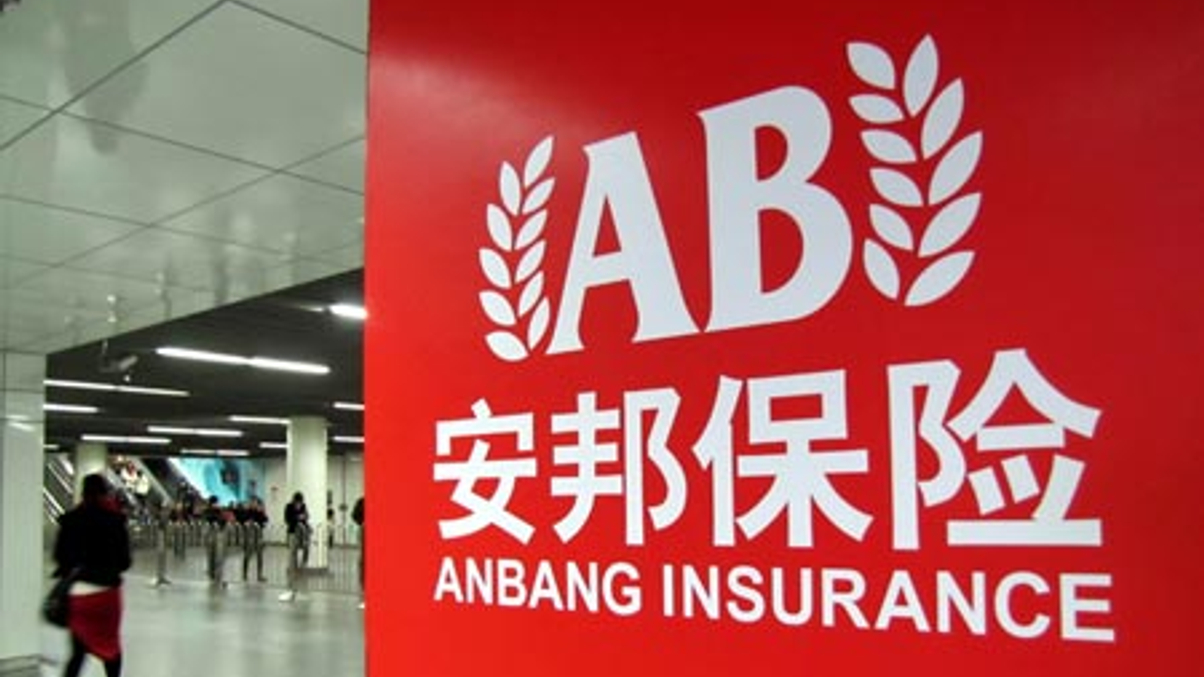Why Anbang’s fall should comfort investors into China
Chinese insurer's downfall serves as a reminder not to flout regulators' wishes, but it also reveals a lot about Beijing's attitude towards corporates it deems too important to fall.

Back in November 2016, Chinese insurance maestro Wu Xiaohui, chairman of insurance upstart Anbang, had dinner a meal with Jared Kushner, son-in-law of US president-to-be Donald Trump.
Sign in to read on!
Registered users get 2 free articles in 30 days.
Subscribers have full unlimited access to AsianInvestor
Not signed up? New users get 2 free articles per month, plus a 7-day unlimited free trial.
¬ Haymarket Media Limited. All rights reserved.


